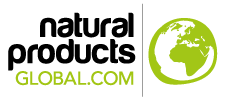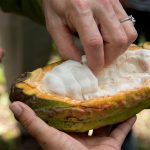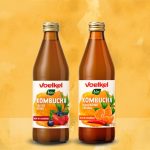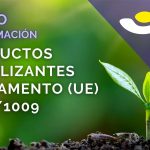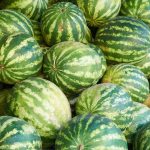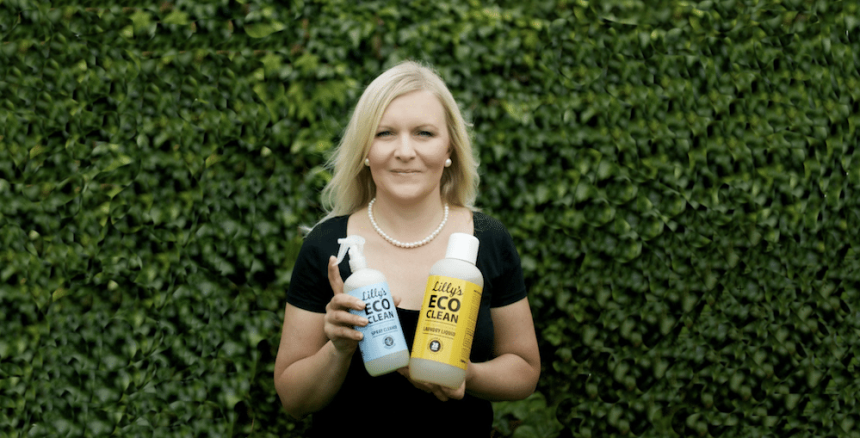“Eco products currently account for just 3% of the total household cleaning market,” says Titta Jones, co-founder of Irish green cleaning company Lilly’s Eco Clean. “So, the question is how do we shift that? How can get some of the 97% to change their habits and buy more of our green products?”.
And when Jones talks about ‘we’ and ‘our’ she is posing questions on behalf of the whole green cleaning sector, of which Lilly’s is proud to be a part. “It’s all good in the 3% slice of the cleaning cake – everyone’s doing their best. We actively support all alternatives and we’re happy to defend our competitors”.
Jones’s comments came during a presentation at the recent Natural Products Scandinavia event.

Lilly’s Eco Cleaning was founded in 2003 by Jones and Lilli Klint, two Finns who have settled in Ireland. The idea for the business came about when Klint, who had her own contract cleaning company, developed a severe allergy to conventional cleaning products. She started researching traditional cleaning methods using natural ingredients and started experimenting with potential products in her kitchen. She then introduced the products into her cleaning business and interest spread mainly by word of mouth.
The company, focused now on finished products, currently offers a range of 10 products spanning everything from all-purpose cleaners and washing up liquids to laundry tablets and toilet cleaners (plus refill sizes and multi-pack options).
From the outset, Lilly’s products have contained only simple natural ingredients – plant-based surfactants, essential oils and vinegar. The company also favours simple, approachable messages. Comments Jones: “There’s a lot of fear-based marketing in this sector and we think it’s unhelpful – and sometimes plain wrong.
“We’re part hippies, part scientists. It’s simply not correct to talk about ‘chemical-free’ products. The fact is, everything is made from chemicals – so we include some chemistry in our sales training material”
“We’re part hippies, part scientists. It’s simply not correct to talk about ‘chemical-free’ products. The fact is, everything is made from chemicals – so we include some chemistry in our training material. But we still keep our consumer messaging simple. For example, we say ‘you don’t need industrial chemicals to clean home dirt’. When we do talk about the chemistry of cleaning we keep that simple and understandable too. So, when we talk about acidity we’ll use the example of bleach – with a pH of 12 – and compare it to the strongest acid in our range, which has a pH of 3.3, the same as orange juice.”
While still a small business, Lilly’s is growing nicely – 14% YOY – off the back of a succcessful new communications campaign. Part of this has involved adopting a new strapline – ‘Health – Home – Planet’. This, in turn, reflects one of the key findings of research the company conducted on the green cleaning category – namely that health is the consumer priority, and biggest motivation to purchase.
Lilly’s recent growth has come from focusing on attracting new customers, mainly through the independent health food channel In Ireland, but also in the UK and across Scandinavia.
“We position ourselves as a part of healthy lifestyle. We talk about cleaning as positive act – about cleaning dirt from the home, removing indoor pollution, decluttering. We are making cleaning into a sort of mindfulness.”
